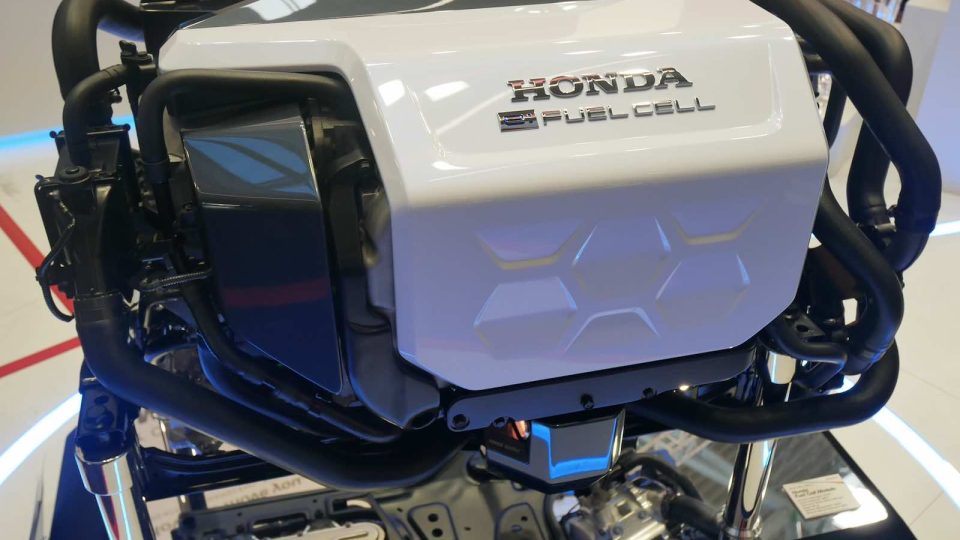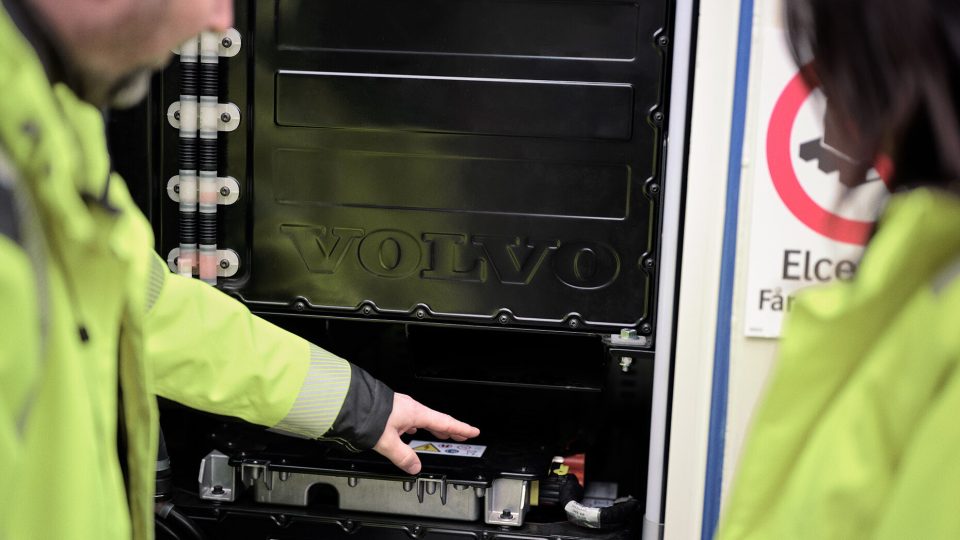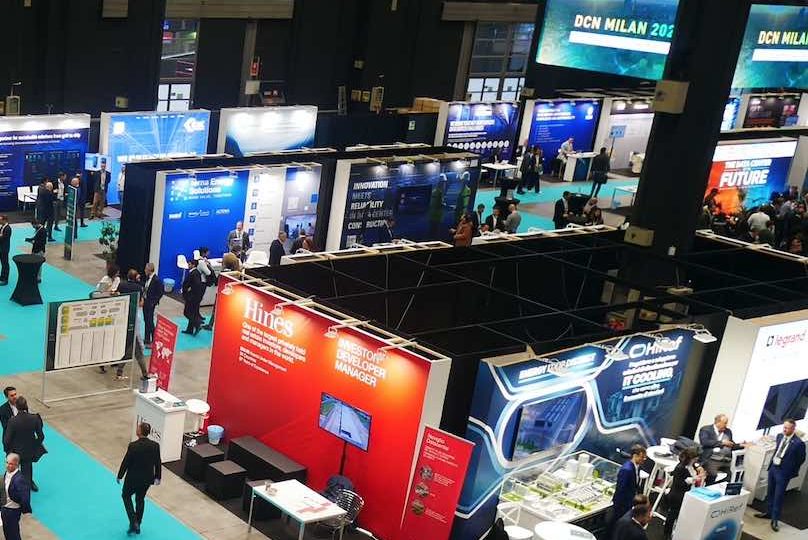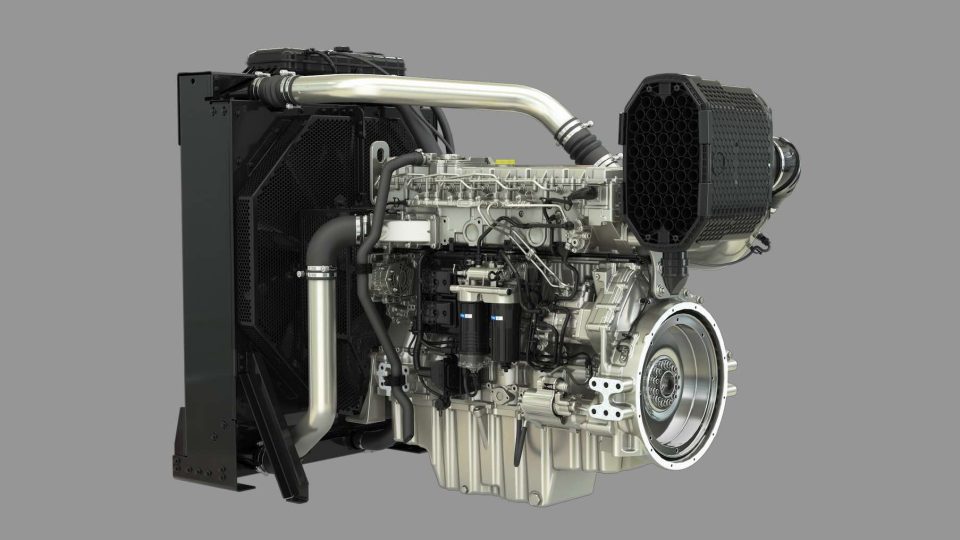Vetter relies on mtu PowerPacks for uninterruptible power supply
“A power failure would mean that we would have to dispose of entire batches of medication,” says Kai Schumacher. He is Head of Electrical Engineering at pharmaceutical service provider Vetter and, together with his team, ensures that the electricity always flows at Vetter. And always really means 100 percent. “The smallest outages would have the biggest impact,” he explains.
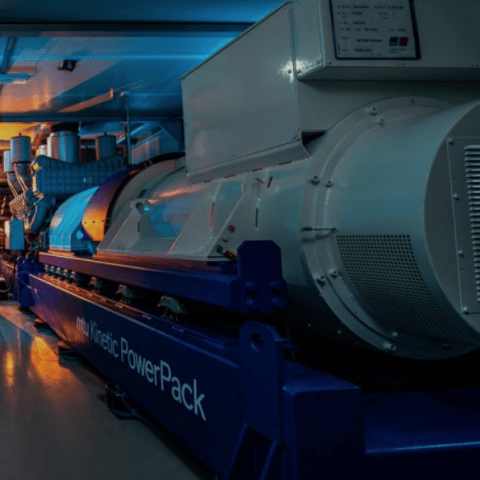
According to a survey by the German Chamber of Industry and Commerce, 42% of the 1,000 companies surveyed from various sectors and regions experienced power outages of up to three minutes in 2023. The consequences are sometimes serious – but not for the German pharmaceutical company Vetter. The company, which has production sites in Germany, Austria and the USA, does not manufacture any medicines itself. Instead, it specializes in filling them aseptically, for example in syringes, cartridges or vials. To ensure that this is completely aseptic, Vetter has been safeguarding its production processes with uninterruptible power supply systems – Kinetic PowerPacks for short – for almost 20 years.
“A power failure would mean that we would have to dispose of entire batches of medication,” says Kai Schumacher. He is Head of Electrical Engineering at pharmaceutical service provider Vetter and, together with his team, ensures that the electricity always flows at Vetter. And always really means 100 percent. “The smallest outages would have the biggest impact,” he explains.
This is because the medicines must be filled in a completely sterile atmosphere. This is required by both the regulatory authorities and Vetter’s customers: the largest pharmaceutical manufacturers in the world. No microorganisms or impurities are allowed to get into the active ingredients, as this would compromise their effectiveness and therefore patient safety.
The Vetter production employees – all wearing overalls, a cap over their hair and a face mask and gloves – therefore fill the medicines in a so-called clean room. The air here is cool and clean, almost sterile smelling. A quiet, constant humming of the filter systems can be heard. The lighting is bright, but not dazzling, and the floor is spotless.
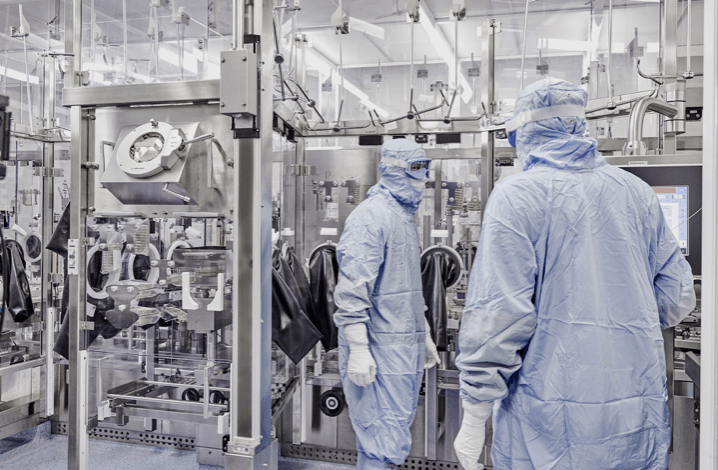
No germs are allowed to enter the cleanroom. Air flows and air exchange rates are strictly regulated. A ventilation system ensures a constant positive pressure in the room so that it remains sterile even when doors are opened. If the power, and therefore the ventilation system, fails for just a few seconds, sterility in the room can no longer be guaranteed. “Then we would have to dispose of the batches of medication that we are currently filling,” explains Kai Schumacher.
The 30-something has been with Vetter for six years and is rarely seen in the cleanroom. His home is a few stairs away in the company’s “technical cellar”. This is where he has once again had mtu Kinetic PowerPacks installed.
Kinetic PowerPacks have a constantly rotating kinetic mass storage unit. This is coupled with an mtu combustion engine and a synchronous generator which, depending on the operating mode, is also motor-driven and thus compensates for the power factor of different consumers.
As long as the public power grid is running, the kinetic mass storage device – in this case a flywheel – is driven by the generator, which works as an electric motor in this operating state. The heavy kinetic mass storage serves as an “energy battery” that stores the energy and then makes it available when the power fails.
The mtu systems at the various Vetter sites are used around 50 times a year. There is not always a really big power outage that causes the lights to go out in the whole city. The mtu Kinetic PowerPacks also compensate for fluctuations and irregularities in the power grid. And these are occurring more and more frequently – partly because more and more renewable energy is being fed into the grid, making it more volatile.




